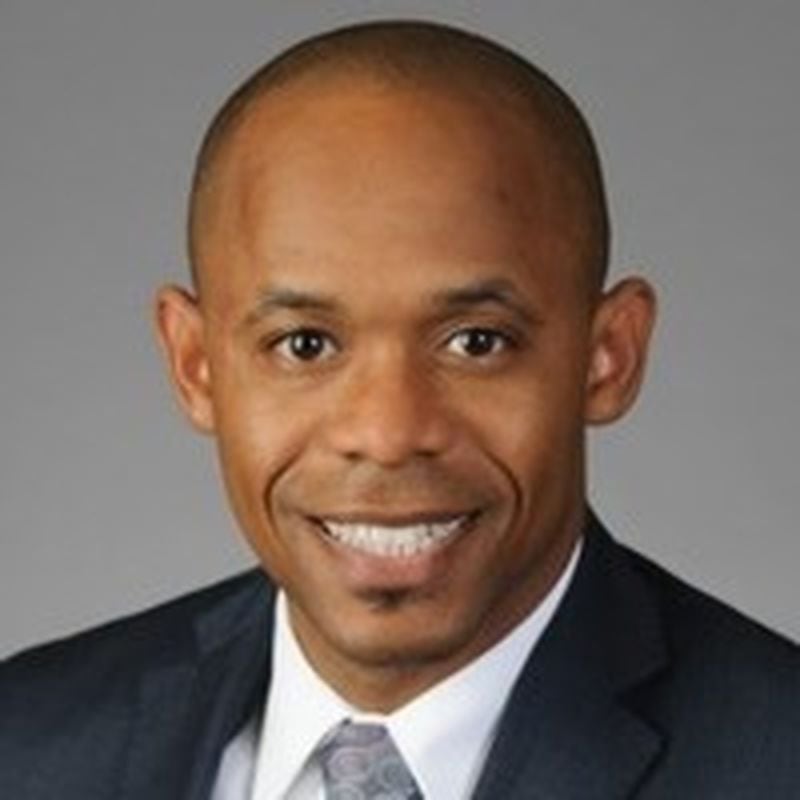The past few weeks have been emotionally exhausting. I’ve spent them reluctantly sharing with non-Black colleagues, co-workers, and friends my unfortunate experiences with racism— both in corporate America and with the police, with the hope that we can finally achieve real, tangible progress on racial justice in this country. I say reluctantly because I would prefer to not relive these moments.
I still feel rage seeing my 13-year old self stopped on the side of the road by a White police officer, searched and then released with no explanation. I get angry thinking about the time a White officer detained me (only a high school student at the time) in the back of his patrol car for over 30 minutes because I allegedly fit the description of a robbery suspect. I get angrier when I’m reminded of the time my brother and I were pulled over because the car we were driving was “the type of car people usually report stolen around here.” I dread reliving that moment of my mother crying inconsolably as a half dozen officers ordered me out of the car with my hands up because I apparently was driving with an expired tag. And how could I forget the time a partner at a law firm where I once worked referred to Haiti, my birth country, as a place where God decided to “take a (expletive)”?
Systemic racism exists in America. It is an ugly truth we as a society must accept if we are going to make real progress. In 2020, Black people in America still do not enjoy equal justice under the law and the effects of slavery, segregation, and Jim Crow are still evident in Black neighborhoods across this country. In corporate America, academia and elsewhere, despite a decades-old conversation about diversity and inclusion, Black professionals continue to lag. But, still, I’m encouraged. I’m encouraged by the current conversation taking place across the country, the peaceful protests by Americans of all color demanding change, and the prospect of long overdue action by corporate America to address the lack of diversity within its ranks. I’m encouraged not because I’m naïve but because I’m hopeful.
My father is the son of poor farmers from a small village in Haiti. He has no more than a sixth-grade education. In the late ‘80s, when I was still a toddler, my father traveled from Haiti to Miami by a tiny boat in search of a better life for his family. For many years, he was an undocumented immigrant and worked as a dishwasher. Though things were tough, America immediately provided him with something that his home country never did — the opportunity to work and make an honest living to support his family. When my father finally became an American citizen, he applied for the rest of the family to come join him. At 12 years old, I arrived to America. A few months after we arrived from Haiti, my father closed on his first home. There are not too many other countries on earth where this story is possible.
I grew up in a poor neighborhood in South Florida with massively underachieving schools. I struggled early on in middle school. I did not speak English, was ridiculed by other kids for it, and was trying to adapt to a new world and a new culture. But it was there that I also first experienced the goodness in America. Teachers and coaches who, despite their low salaries and limited resources, went above and beyond to keep me grounded and focused. They realized my potential before I could utter my first full sentence in English. They encouraged me. They called my parents when I misbehaved. And they took extra time with me as I learned to read and write English.
Even when I made it to law school, I still struggled with whether I belonged and whether I could actually be successful there. But, after my first semester of law school, something happened that altered the course of my legal career. The then-Dean of the law school (an older White male), reached out to me and offered me the opportunity to be his research assistant. Yes, he reached out to me. I did not ask and I did not apply. One day, as we sat in his office discussing a case for his book (he is the co-author of one of the leading treatises in partnership law), he looked at me and said “you’re special.” Those two words, coming from him, gave me the confidence I needed to excel in law school. That same Dean is also responsible for me securing a coveted judicial clerkship with a federal judge after law school.
Credit: contributed
Credit: contributed
Yes, there is an ugly side to this country that is a daily reality for people who look like me. And we have a long way to go towards achieving racial justice and equality in this country. But I cannot ignore the many good-hearted Americans, of all color, who helped me with my own journey. They were there as I tried, as a teenager, to adapt to a new world. They picked me up in their family minivans for soccer tournaments. They wrote me letters of recommendation for college and for law school. They let me sleep in their homes. And they recommended me for jobs. Those people helped me see the good in America. And they are working tirelessly to leave behind a better America for their kids, their grandchildren, and mine. I believe in them. Because of them, I have hope of a better tomorrow. Because of them, I’m hopeful for America.
Salomon Laguerre lives in Atlanta. He is an attorney and currently works in-house as corporate counsel for The Home Depot.
About the Author






